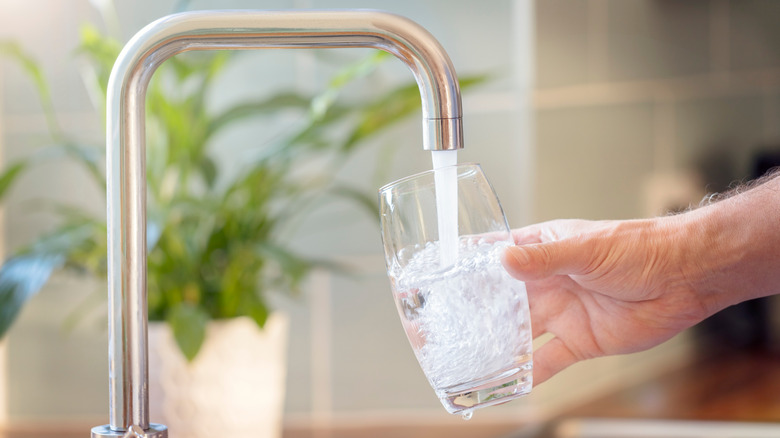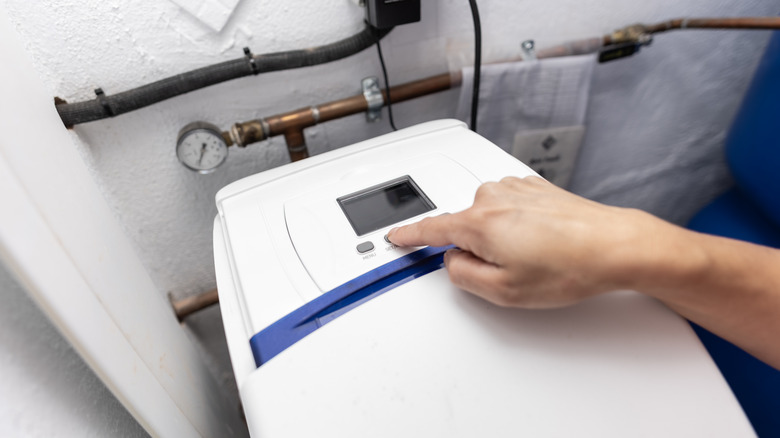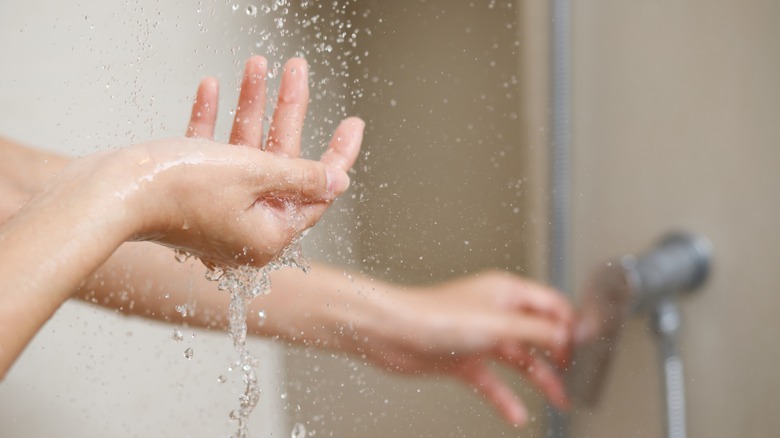What Are The Differences Between Water Softeners And Conditioners?
Having a superior water quality in your home may not seem like an everyday priority, but knowing how your municipal or well water may impact the quality of your life may convince you how important your local water is to your health. Using water that is hard or unconditioned can negatively impact your health through its high mineral content, ultimately leading to dry, itchy skin or dry, brittle hair. Even brushing your teeth with untreated water can cause dental issues like cavities and gum disease. Nevertheless, water softeners and conditioners are both designed to improve the quality of your water. Softeners work by removing hard minerals like calcium and magnesium while conditioners can address a wider scale of issues like water odor and taste through the removal of impurities.
Beyond contributing to your health, your water can also affect the value and integrity of your home. Hard water contains a higher concentration of minerals that can cause scale buildup in pipes, appliances, and fixtures. As a result, hard water can lead to clogs, reduced water flow, and corrosion, compromising the integrity of your plumbing and appliances. Purchasing your own water softener can combat these issues and protect your home from these outcomes. A water conditioner, alternatively, will also increase the flow of water in your home but through a more energy-efficient solution by altering the composition of the minerals in the water, so they bond with each other instead of the surfaces in your home, ultimately preventing scaling.
Do you need a water softener?
Water softeners can be a great addition to your home if you've noticed the telltale signs that indicate a high mineral content in your tap water. Developing dry skin and hair is an omen as a daily shower will ultimately reveal how your body reacts to the local water supply. Beyond that, another obvious sign is the development of limescale around your faucets or appliances that use water every day. This lime scale looks like a white, pink, or reddish brown chalky deposit that will appear once the water dries or evaporates. One final clue is noticing that your clothes feel scratchy or rough against your skin and may begin to fade in color. Should you notice these signs, it may be time to look into a water softener for your home.
Installing a water softener in your home requires a few steps and may be required by law to be completed by a plumber, depending on which state you live in. What will determine what type of softener you purchase is the size of your home, the number of residents who live there, and the amount of water you use each day. On top of that, the level of hardness of your water could also require a more advanced system should you want to correct it properly. Fortunately, there are a great range of options for different budgets, household sizes, and water correction available to fit your individual needs.
Do you need a water conditioner?
While water softeners can effectively treat the tap water in your home to protect your health as well as the structures and appliances in your home, water conditioners may provide an extra bonus worth considering. If the water in your home has a particular odor or taste that's unpleasant and all of the symptoms associated with hard water, a conditioner may be a better choice. At the same time, while they work differently, a water conditioner can be more energy efficient and eco-friendly as it doesn't require as many components to soften the water or have as many adverse outputs as a softener does. If these attributes align more with your desired outcome, then a conditioner may be a better investment for your home.
Something else to keep in mind if you're ready to choose a water conditioner over a water softener is that a water conditioner offers more benefits like filtering out additional contaminants like chlorine and sediments, while a water softener will not. At the same time, since a water conditioner will change the composition of minerals in the water rather than removing them entirely like a softener would, you can still benefit from the presence of good minerals like calcium while protecting the structure of your plumbing. Finally, they require less maintenance as softeners often need the addition of salt and occasional deep cleaning in order to function properly while many conditioners do not require salt at all to function.


